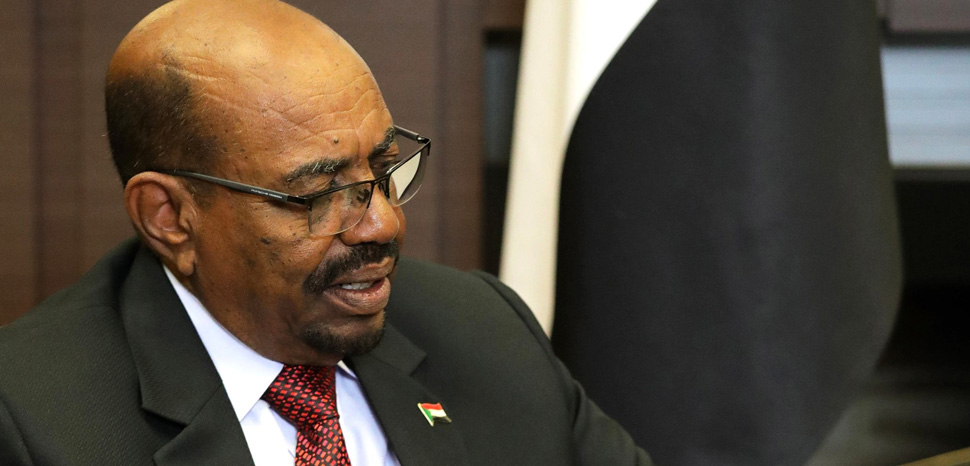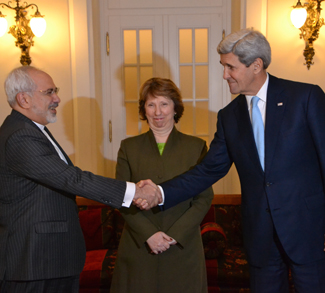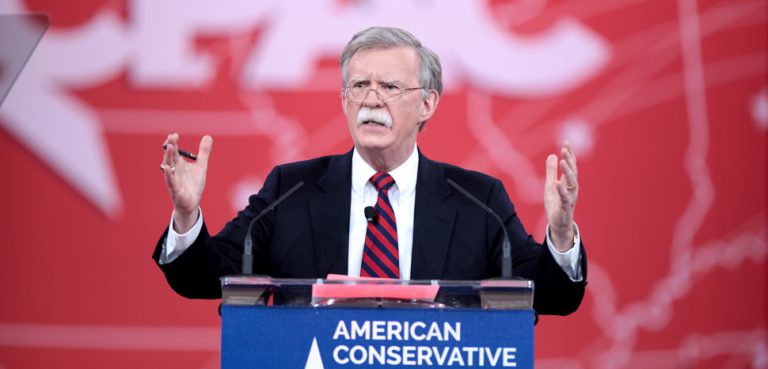In April 2019, Sudanese President Omar al-Bashir was deposed by his army at the behest of a popular protest movement. Now with Bashir gone, the protesters are ready to take power and hold elections. Despite a 13 May agreement on the structure of a political transition, it remains unclear whether the Sudan’s military forces—the most powerful force in Sudan—or a civilian-led group will guide the years ahead.
If the army stays in place, the United States’ long-term goals will suffer from a regime that has only exacerbated economic and political instability within Sudan and its neighbors, resulting in mass ethnic violence in Darfur and support for Islamist terrorism across the Middle East and Africa. So, where is the United States?
The Khartoum security camp has countered US objectives for virtually all its existence
The United States’ pattern of looking past civilian oppositional grievances in African politics—favoring stability in the hands of a dictator rather than uncertainty with civilian-led groups—is a familiar Cold War and War on Terror trope. Yet, this logic only works if the subject government is ideologically, functionally, or strategically aligned with US foreign policy objectives—Sudan is none of these things.
In fact, it is hard to imagine a government in the past 30 years with a pedigree of villainy as diverse, infamous, and opposed to the United States as in Sudan. After the National Congress Party (NCP) came to power in a 1989 coup d’état, the Islamist-leaning regime backed Saddam Hussein during the Gulf War, harbored global terrorist mastermind Carlos “the Jackal,” and housed then-nascent Al-Qaeda leader Osama Bin Laden. Into the 21st century, Sudan provided a pathway for Iranian missiles to Hamas and Hezbollah to use against Israel (invoking several Israeli airstrikes inside Sudan).
Yet, in a recent positive development in US-Sudanese relations, Sudan turned away from Iran and began intelligence and counter-terror cooperation with US spies via the “largest CIA office in the Middle East.” However, the regime remains dangerous to its neighbors by supplying weapons to Islamist militant groups in Chad, Libya, and Syria. Moreover, leaked minutes from security meetings in 2014 detailed how Sudan still viewed its connections to the global Jihad as a “card” to play, stating the Sudanese government would only give the United States counter-terrorism information if the United States provided intelligence on armed Sudanese opposition groups.
To assist civilians into power, the United States should maximize efforts to legitimize the opposition and convince the military to become fully neutral
Based on national security, the United States should buck the trend of its Arab allies who are backing the Sudanese army. Instead, the United States should facilitate pathways for democratic, civilian-led change in Sudan. To convince Sudan’s military to allow a civilian government to form, the United States need to stress the material advantages of negotiating civilian outcomes and establishing a quick election timeline.
Sudan needs sustainable solutions. One solution is the State Department envoy continuing the discussion of removing Sudan from State Sponsor of Terrorism List. Additional steps could include substantial trade and economic packages, and the rapid implementation of a prospective US Ambassadorship to Sudan; a spot that has been vacant since 1996. The State Department should also consider hosting meetings between opposition groups and the US Secretary of State.
Other US actions could include legitimizing the civilian opposition groups via diplomatic statements that clearly define the parameters for civilian control and statements from the White House supporting the Sudanese civilian-led coalition, similar to the United States’ militantly pro-opposition stance in Venezuela. The weight of US presence and dialogue would give civilian parties greater legitimacy and bargaining powers with the military.
What is at stake now? A military-influenced transitional council during the lead-up to elections poses high risk of democratic backsliding
The present political and economic conditions make Sudan ripe for revolution and the only method of delaying this is a civilian transitional government in Sudan capable of directing all aspects of the election process without military interference.
The risk of a military backlash on opposition groups increases the longer Sudan continues without elections. The lead-up to the proposed election is likely to include military maneuvering in an attempt to block democratic reforms by politicizing most of the key positions responsible for ensuring free elections. However, if the United States reprises its traditional role as a powerful broker, and unwavering sentinel of democratic transitions, civilian-led coalitions could materialize as early as 2021.
The long-term outlook for Sudan is likely (and hopefully) democratic. The United States should be on the right side of history as US-Sudanese relations have much more to gain with a civilian-led government in charge of Sudan’s future. Even if it means potential pushback against the United States from its Arab allies.
Despite abundant evidence that supporting a civilian government in Sudan would be a “win” for US foreign policy, inaction by the Trump administration appears the more likely outcome. US soft power will once again go unused as another power vacuum is filled by a despotic regime.
The views expressed in this article are those of the author alone and do not necessarily reflect those of any institutions with which the author is associated.




